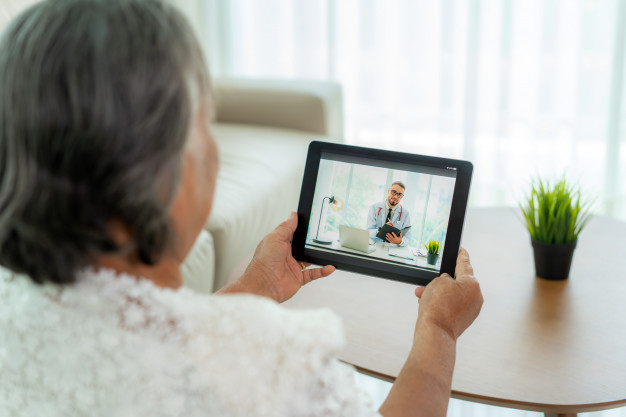
This page provides systematic reviews most directly relevant to remote health care through telehealth.
◆Communication systems to facilitate health care remotely
◆Asthma and COPD
◆Cancer
| - | Telephone interventions for symptom management in adults with cancer |
◆Cardiovascular conditions
◆Mental health and neurological conditions
◆Conditions related to genetic disorders
| - | Computer and mobile technology interventions to promote medication adherence and disease management in people with thalassemia |
◆Abdominal and endocrine conditions
| - | Computer‐based diabetes self‐management interventions for adults with type 2 diabetes mellitus |
| - | eHealth interventions for people with chronic kidney disease |
◆Fertility, pregnancy, and neonatal conditions
◆Eyes and vision conditions
| - | Telerehabilitation for people with low vision |
◆Reproductive and sexual health
| - | Targeted client communication via mobile devices for improving sexual and reproductive health |
◆Skin conditions
| - | Teledermatology for diagnosing skin cancer in adults |
| - | Smartphone applications for triaging adults with skin lesions that are suspicious for melanoma |

